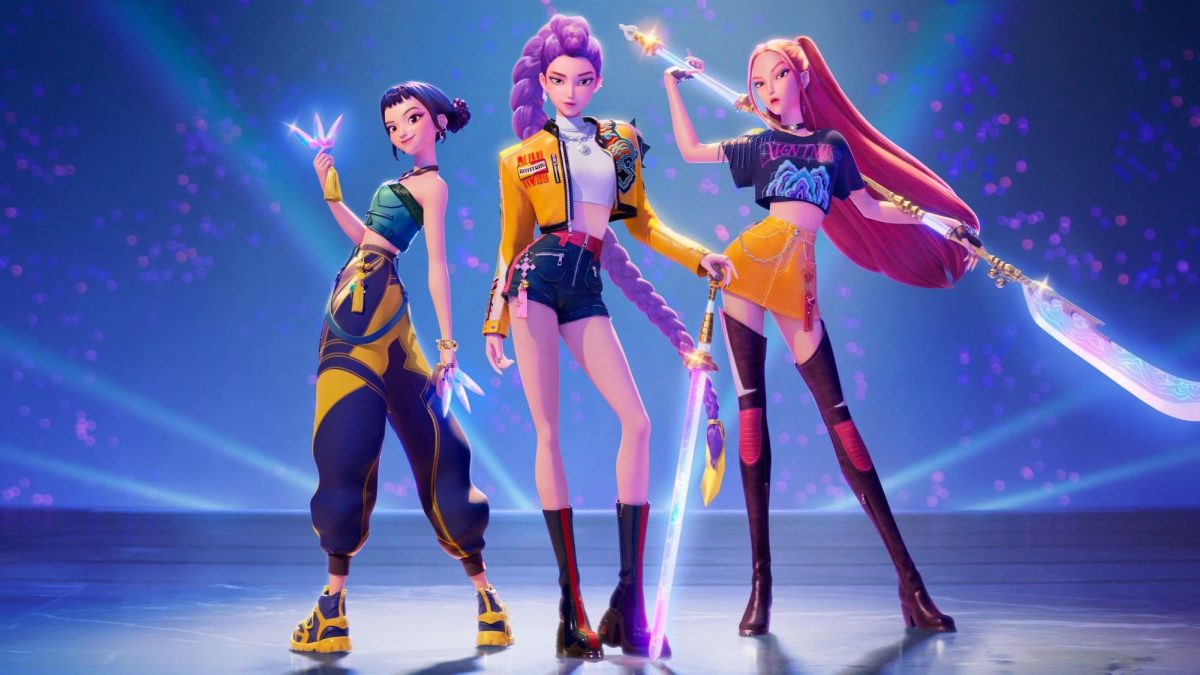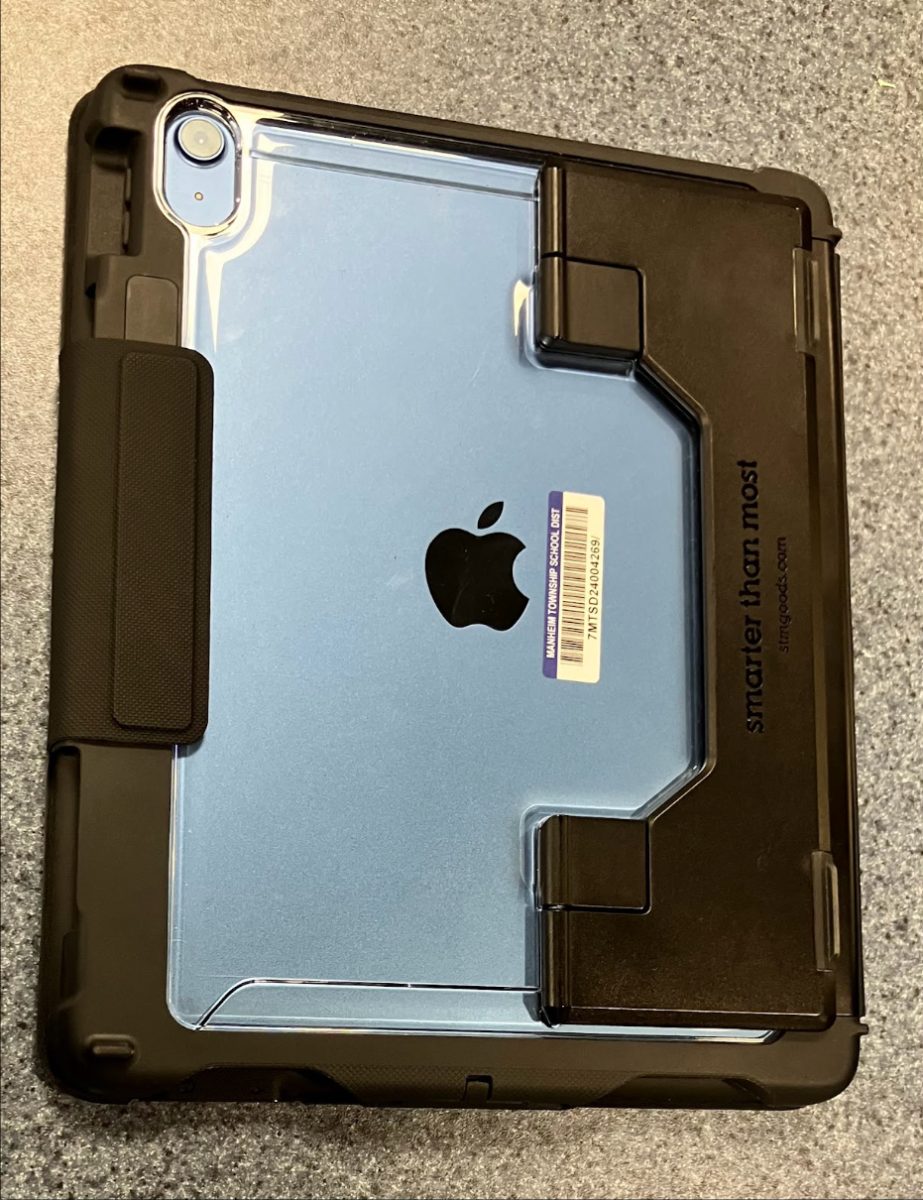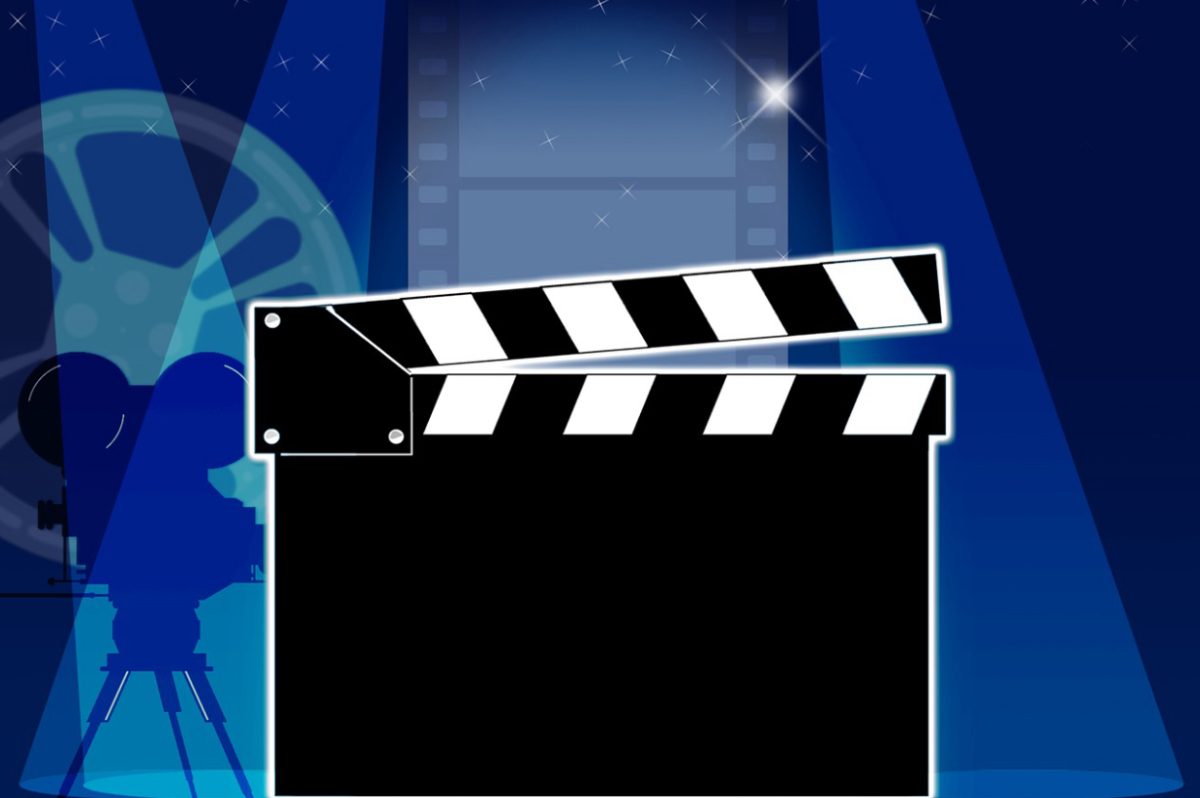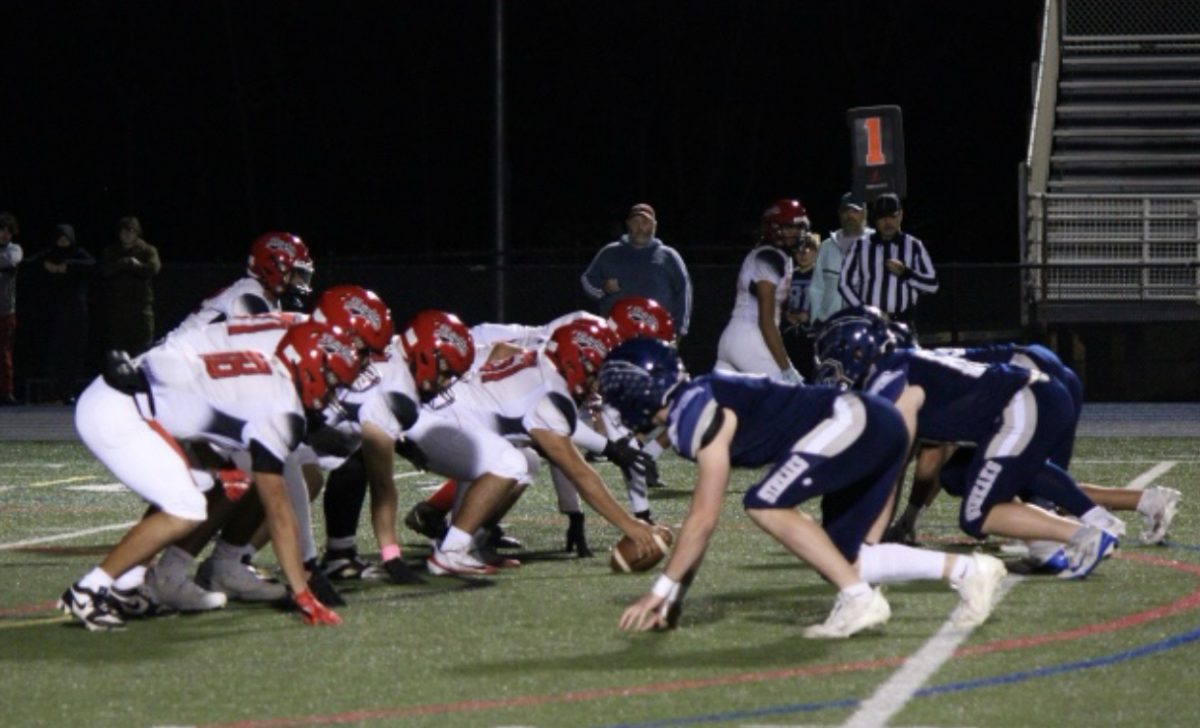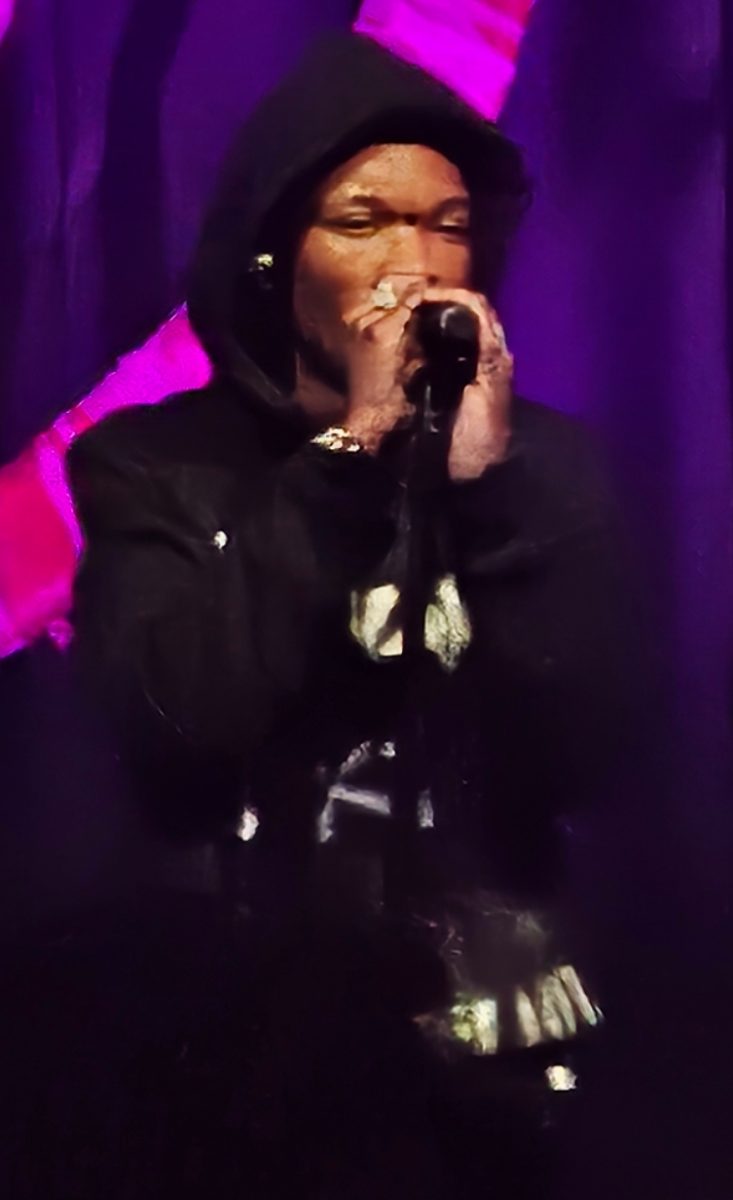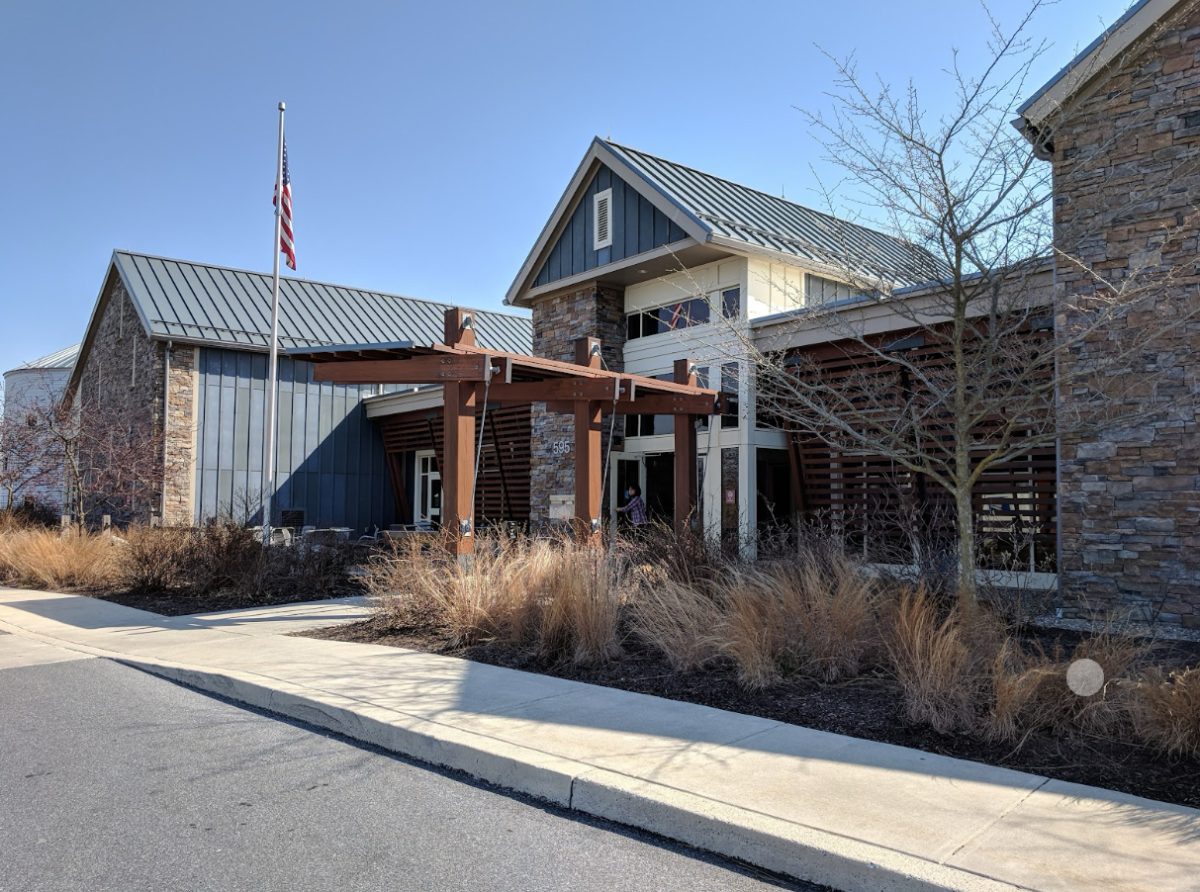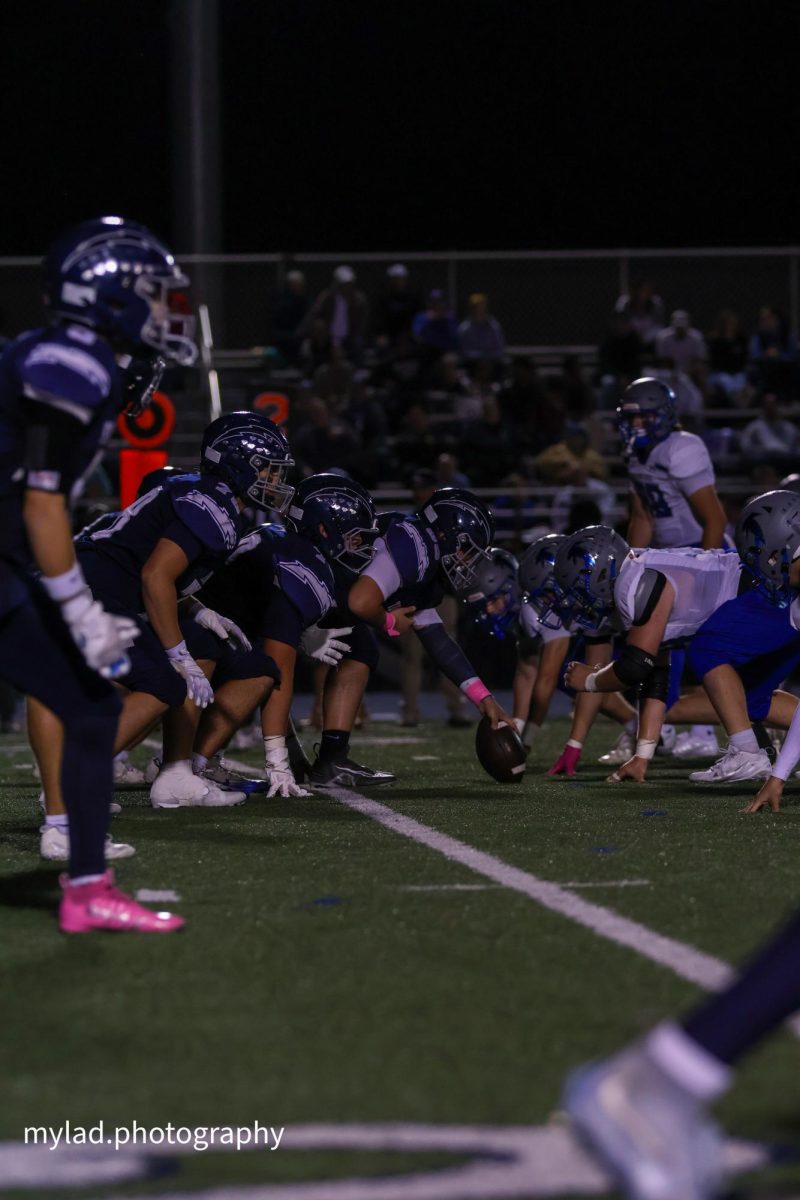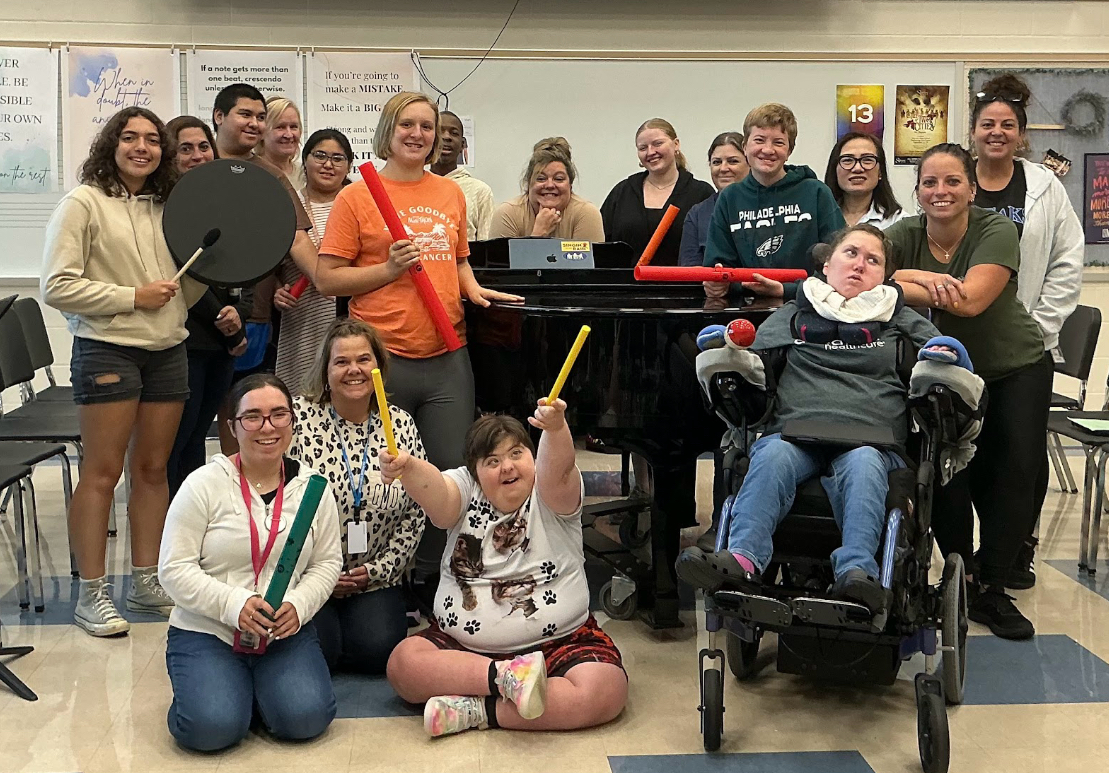“When was the last time you complained about something that was in your control without offering a solution to the problem?”
This was a question I was faced with recently. I thought, and the more I thought about it, I found that I complain a LOT. Whether it was about a grade, a coworker, a friend, an experience, how things are done or a minor pet peeve, I always talked about “someone else’s” issues and how they impacted me. It is probably a habit you find yourself giving into. “They did this.” “They didn’t do that.” “This is so dumb.” I use many of these phrases daily, and while these phrases might not be directly said to seek pity or sympathy, the more we complain, the more problems don’t get solved.
I recently watched a TED talk about extreme ownership by Jocko Willink, a decorated retired US Navy Seal. In the TED talk, he discussed an unsuccessful mission he led. Of course, it was many people’s fault for the meaningless violence and mistakes made on the mission, but when his superiors asked him for a full report, he said it was entirely his fault. This confession would surely result in him losing his job. Even though it probably wasn’t completely his fault, his confession did the opposite for him and his job. He received a greater level of trust from his superiors. Consequently, Willink’s confession started a rippling effect on his team. Instead of pointing fingers, the whole team pointed out what they did wrong and how they wouldn’t make the same mistakes in the future.
While Willink’s story is impactful, it doesn’t seem particularly applicable to ordinary people. Many of us aren’t Navy Seals placed in lethal situations daily. Even though a lot goes into becoming a Navy Seal, being a productive student and young adult takes extreme ownership. In many situations, it’s hard to abandon our egos and take on the responsibility of failure and inefficiency.
Ultimately, taking ownership is the first step to change. Things get accomplished when we realize we have a role to play in change. From informing a teacher about unrealistic deadlines to helping educate others about world problems you care about, to even having a challenging conversation with a friend and addressing the thing they do that annoys you, we can start to change our lives. To be transparent, taking ownership and making that first step is difficult.
All it takes is a pause and a simple prompting about how you got into the situation you’re in. Zooming out and taking the stance of a third party allows you to accept reality for what it is. Putting our ego aside helps us move past the problem and look for solutions. When we take the extreme ownership that Willink discussed, it prompts others to adopt the same mentality, and people are more forgiving.
For example, if a teacher gives a deadline that isn’t realistic for your week, reaching out and communicating is the next best step, even if you procrastinate the project/reading/assignment until the last minute out of pure irresponsibility. Instead of submitting the assignment late, be proactive and contact the teacher. Take ownership and admit that you missed the assignment or had a busy week. Even if the teacher isn’t willing to provide an extension, your communication tells the teacher that you care enough to discuss your situation. It also allows the teacher to understand your perspective.
Speaking from experience, many teachers will understand your busy schedule and want you to succeed and learn. When you make a mistake, your character demonstrates who you are. You should ask for assistance where needed and take ownership of those mistakes.
This can also be applied to personal achievements such as college admissions for seniors. While we need to cut ourselves some slack sometimes with rejections, we must also realize where we may have made mistakes. While we recognize these mistakes, we must accept that we cannot change the past. Using the past as an example and owning that makes a huge difference. It helps us understand where we are and where we are going. Self-reflection leaves the opportunity for genuine improvement.
Whether looking for self-improvement or improving our leadership skills, we can all look to ourselves first instead of outside influences over which we have no control. Even though I am not the best example of taking ownership myself, I challenge you to pause the next time you complain about something that is genuinely bothering you. Then prompt yourself: “What can I do right now to change this?” It’s a simple question we can ask ourselves to shift our mindsets towards a more positive future, a future that we have control over.





